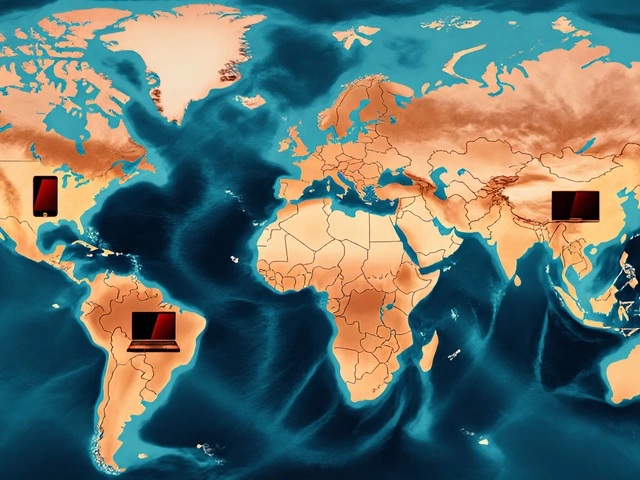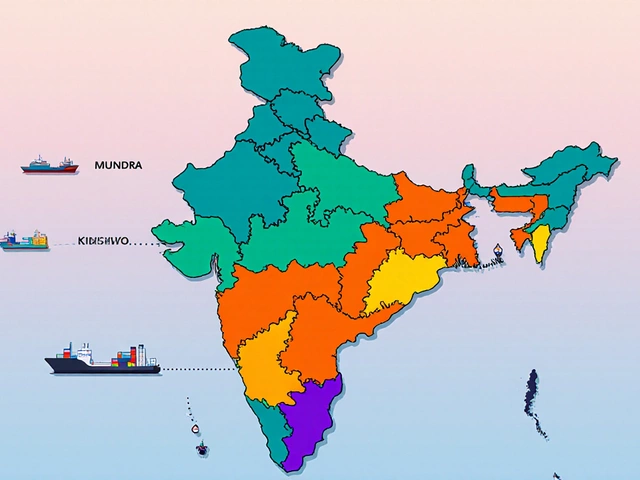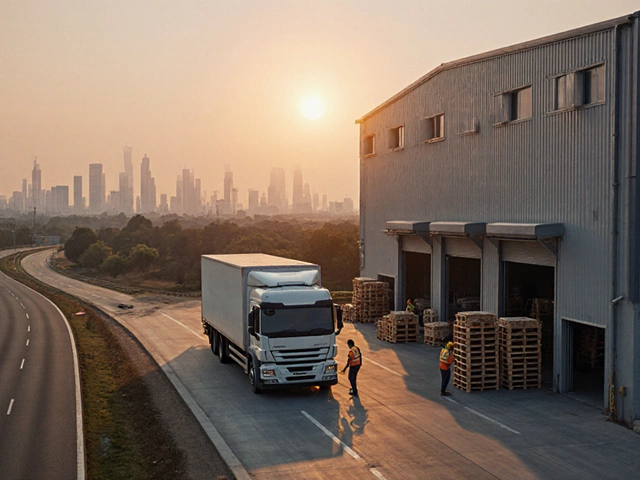Types of Plastics: What They Are and Why They Matter
When we talk about Types of Plastics, the various categories of plastic materials defined by their polymer structure and thermal behavior. Also known as plastic categories, they shape everything from food wrappers to car parts.
One of the most common groups is Polypropylene, a versatile thermoplastic (code 5) used in packaging, automotive components, and textiles. It’s valued for its resistance to chemicals and low density, which makes it ideal for lightweight containers. Another hot topic is single‑use plastics, disposable items like straws, cutlery, and bags that are used once and then discarded. India’s recent ban on these items is reshaping manufacturing and driving a push toward reusable alternatives. At the same time, plastic recycling, the process of collecting, sorting, and re‑processing plastic waste into new products is becoming a critical tool for cutting down plastic pollution and conserving resources.
How These Concepts Connect
Types of plastics encompass thermoplastics like polypropylene and thermosets that can’t be remelted. Understanding each type helps manufacturers choose the right material for durability, cost, and environmental impact. Plastic recycling reduces the volume of waste that ends up in oceans, directly tackling plastic pollution, the accumulation of plastic debris in the environment harming wildlife and human health. The push to eliminate single‑use plastics forces companies to redesign products, often opting for recyclable or biodegradable alternatives. In short, knowing the categories, how they’re used, and how they’re managed gives you a clear picture of the whole plastic lifecycle.
Below you’ll find a curated collection of articles that dive deeper into each of these areas – from the chemistry behind polypropylene to the latest Indian policies on single‑use plastics, and practical tips for recycling and reducing waste. Browse the list to see how the different types of plastics shape industry trends, environmental strategies, and everyday choices.

Ever wondered why some plastics pile up instead of being recycled? This article breaks down which types of plastic can't be recycled, why they're a headache for manufacturing, and what you can do about it. We'll cover the most common non-recyclable plastics, recognize their codes, and share tips for reducing plastic waste in practical ways. Discover the real-world impact on manufacturing and what's changing in 2025. Get straightforward answers and ideas you can use right now. (Read More)







